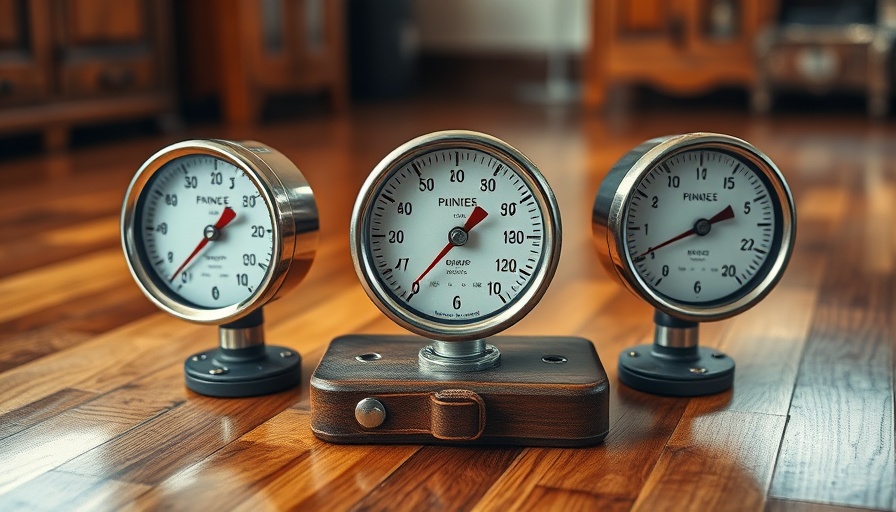
Understanding Moisture Issues with Heat Pump Water Heaters
In recent years, heat pump water heaters (HPWH) have gained popularity as an energy-efficient alternative to traditional water heaters. These devices work by extracting heat from ambient air and using it to heat water, thereby saving energy and reducing utility costs. However, one of the common issues faced by homeowners utilizing this technology is moisture accumulation, which can lead to significant problems if not addressed properly.
The Science Behind Heat Pump Water Heaters
Heat pump water heaters operate by transferring heat rather than generating it, which makes them highly efficient. However, this process can also produce excess moisture. As the machine extracts heat from the air, it cools the air in the immediate vicinity, often leading to condensation. This moisture can accumulate, particularly in unconditioned spaces such as garages or basements, creating an environment ripe for mold growth and structural damage.
Addressing the Moisture Challenge: Techniques and Best Practices
To mitigate moisture issues, homeowners can take several proactive steps. First, ensuring proper installation is key. HPWHs should be installed in locations where sufficient airflow is available and where the surrounding air is conditioned. Ventilation is critical; integrating exhaust fans can help disperse the moist air and maintain a balanced humidity level.
Additionally, insulating water pipes and the water tank itself can also help prevent condensation. Homeowners can consider the ambient conditions and possibly dehumidifiers to manage humidity levels effectively. Selecting a unit with a built-in drain or condensation management features can also prove beneficial.
Expert Perspectives on Heat Pump Water Heater Efficiency
Industry experts emphasize the importance of pairing HPWHs with energy-efficient home designs. A holistic approach to energy management considers the relationship between heating systems and the home’s overall climate control. Using energy modeling can help homeowners predict and address potential moisture issues before they occur.
Furthermore, as energy efficiency standards become increasingly rigorous, manufacturers are continuously improving design and functionality to minimize moisture production, addressing a common concern raised by consumers about their current models.
Future Trends and Innovations in Heat Pump Technology
Looking ahead, advancements in engineering may lead to improved moisture management in heat pump systems. Emerging technologies may include smart controls that monitor environmental variables and adjust operational parameters accordingly. This can help ensure optimal performance while minimizing moisture accumulation.
Furthermore, green building initiatives are expected to promote the integration of HPWH systems in sustainable construction practices as awareness of energy efficiency grows. More homeowners will seek solutions to avoid moisture issues while reaping the benefits of improved efficiency.
Key Takeaways for Homeowners Considering HPWHs
In summary, while heat pump water heaters offer significant energy-saving advantages, addressing moisture issues is critical for maintaining a safe and comfortable home environment. Awareness of installation techniques, ventilation strategies, and the potential for future technology will empower homeowners to make informed decisions about their water heating systems.
For those interested in transitioning to this technology, exploring reputable manufacturers and installation experts will ensure a successful implementation, safeguarding against the moisture dilemma.
 Add Row
Add Row  Add
Add 






Write A Comment